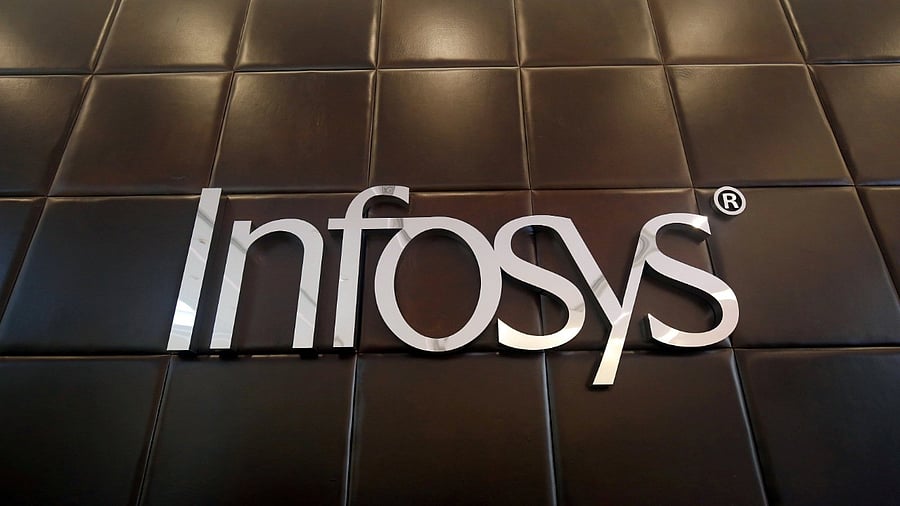
The Infosys logo.
Credit: Reuters File Photo
Bengaluru: Against the backdrop of Schrodinger's cat and paying ode to the International Year of Quantum, the Infosys Science Foundation announced six winners for the Infosys Prize 2025 on Wednesday. A Bengaluru scientist is one among the six winners.
The awardees have been chosen for their research works across six different fields of science - economics, life sciences, engineering and computer science, humanities and social sciences, mathematical sciences, and physical sciences. Each winner will receive a gold medal, a citation, and a cash prize of 1 lakh US dollars (approximately Rs 88 lakh).
Anjana Bhadrinarayanan
Credit: Special arrangement
Anjana Bhadrinarayanan for Life Sciences
Bengaluru-based scientist Anjana is an Associate Professor, Cellular Organisation and Signalling, at the National Centre for Biological Sciences. Anjana's work addresses how genomes faithfully preserve their integrity despite widespread potential for damage. A hallmark of her research is methodological innovation — her laboratory developed microfluidics-based live-cell microscopy to visualise chromosome dynamics in real time, which has helped solve a longstanding mystery in DNA repair.
Andrew Ollett
Credit: Special arrangement
Andrew Ollett for Humanities and Social Sciences
An Associate Professor, Department of South Asian Languages and Civilisations at The University of Chicago, Ollett is a leading scholar of the Prakrit languages and Kannada poetics. Through his work, Ollett has provided psychological depth and insight to the intellectual history of South Asia over the last two millennia. His book, 'Language of the Snakes', analyses the cultural roles of Prakrit in tandem with Sanskrit and the Indian vernaculars over the last 2,000 years.
Credit: Special arrangement
Credit: Special arrangement
Nikhil Agarwal for Economics
Nikhil is a Paul A Samuelson Professor, Department of Economics, Massachusetts Institute of Technology, USA. Agarwal is a leading scholar who has led a new wave of research that applies econometric techniques to analyse markets which do not rely on prices to match supply and demand. His research focuses on empirical design, efficiency, and equity of allocation and matching markets, including school choice, medical residency and kidney exchanges.
Sabyasachi Mukherjee
Credit: Special arrangement
Sabyasachi Mukherjee for Mathematical Sciences
Currently in Mumbai, Mukherjee is an Associate Professor (School of Mathematics) at the Tata Institute of Fundamental Research. His research has reshaped the world's understanding of conformal dynamics and also led to a deeper understanding of the dynamics of algebraic correspondences on Riemann surfaces.
Sushant Sahadeva
Credit: Special arrangement
Sushant Sahadeva for Engineering and Computer Science
An Associate Professor, Mathematical and Computational Sciences at the University of Toronto in Canada, Sahadeva's work provides deep insights into mathematical optimisation and the resolution of longstanding open questions in algorithmic theory. Known among his peers for creating "absurdly fast" algorithms, his research has had a deep impact on important societal services like healthcare and transportation.
Karthish Manthiram
Credit: Special arrangement
Karthish Manthiram for Physical Sciences
Currently working as a Professor, Chemical Engineering and Chemistry, at California Institute of Technology, Manthiram has previously trained as a postdoctoral fellow with Nobel Laureate Robert Grubbs. His research covers the fields of electrochemistry, catalysis, and sustainability, where he has worked on the electrification of chemical synthesis.
